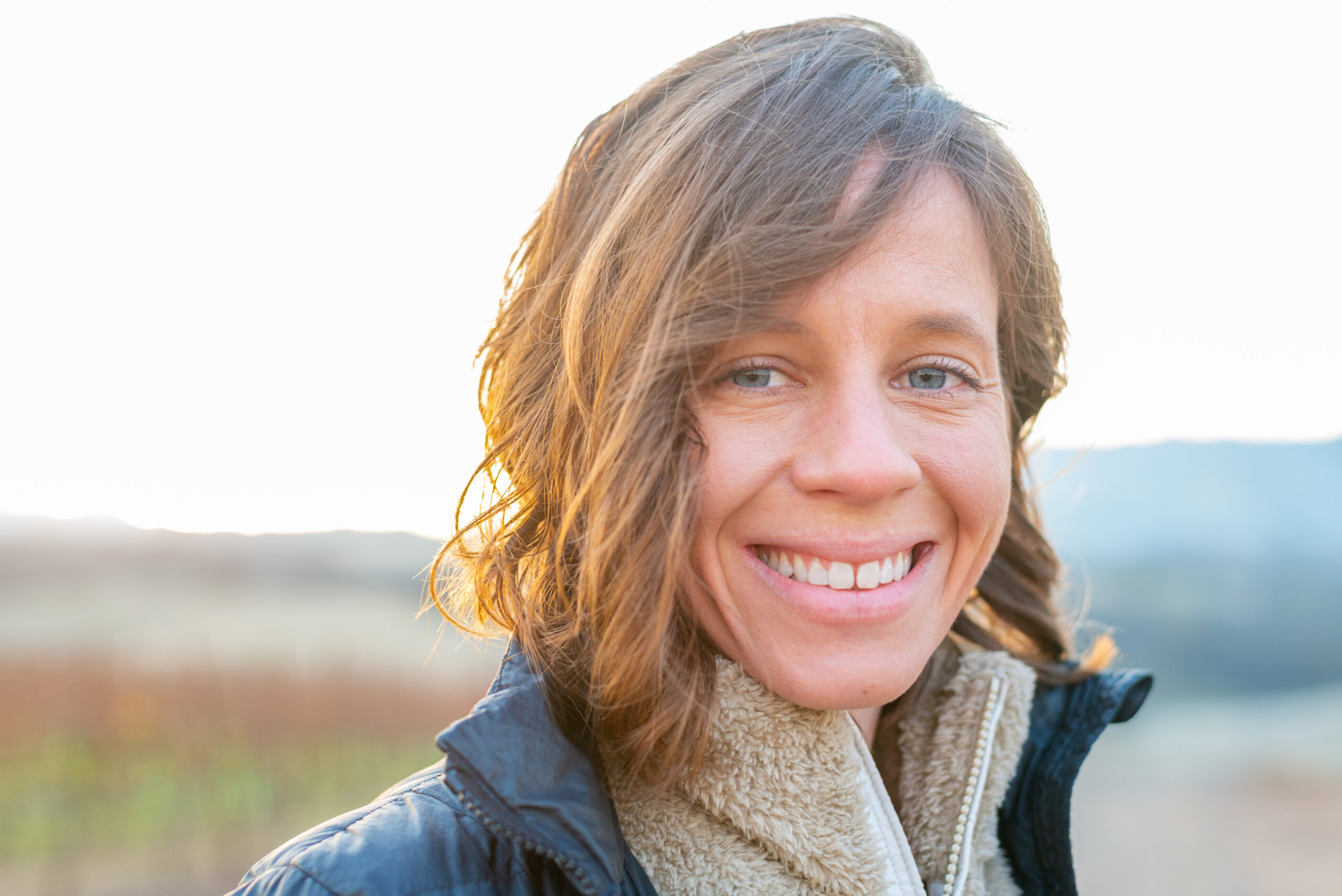
Cory Struthers (she/her)
Assistant Professor
Evans School of Public Policy and Governance
cstruth@uw.edu
Struthers Faculty page
What is your Research Focus?
My research considers how legislative and administrative structures, rules, and policy processes shape the inputs decision-makers receive, and how decision-makers use (or don’t use) inputs when they design and implement policy. By inputs, I mean the information, arguments, and opinion that voters, interest groups, experts, and party members and leadership share with decision-makers in policymaking processes. I focus specifically on how institutions shape the representation of interests in climate and environment policy. My empirical work has spanned forest management, extreme drought, harmful algal blooms, and renewable energy. I use a wide range of mixed methods to answer my research questions, including statistical analysis, computational text analysis, and qualitative methods.
Two research projects occupy much of my personal research time right now. One project investigates how farmers’ political activities and policymakers’ legislative and distributive decisions have shaped California’s response to exceptional drought. As problems (like climate change) become more severe, do legislators pay more attention to delivering benefits like funding and deregulation to narrow interests or do they become more programmatic, trying to balance demands across groups competing for resources? A second project concerns how civil servants in federal agencies like the US Forest Service comply with the National Environmental Policy Act (NEPA), the federal law that requires all US agencies to use environmental impact assessments (EIA) to analyze the potential environmental impacts of proposed infrastructure and related decisions. How do agencies use scientific information and public input to support their decision-making? How do politics feature into procedural decisions like EIA and thus affect the government’s response to climate change?
What opportunities at the UW excite you?
The more appropriate question in my case is what opportunities don’t excite me. I had more than one excellent experience interacting with UW faculty and alumni during my PhD program, and since that time I’ve thought of this university as one of the best places to work in my field. There are so many talented people working on important questions related to my research and in areas I want to develop more strongly in my research portfolio, including environmental justice. I know I will grow as a scholar and instructor here.